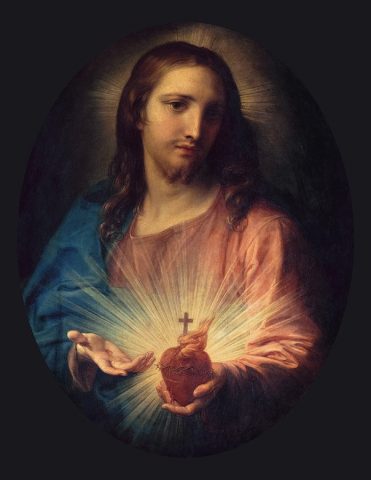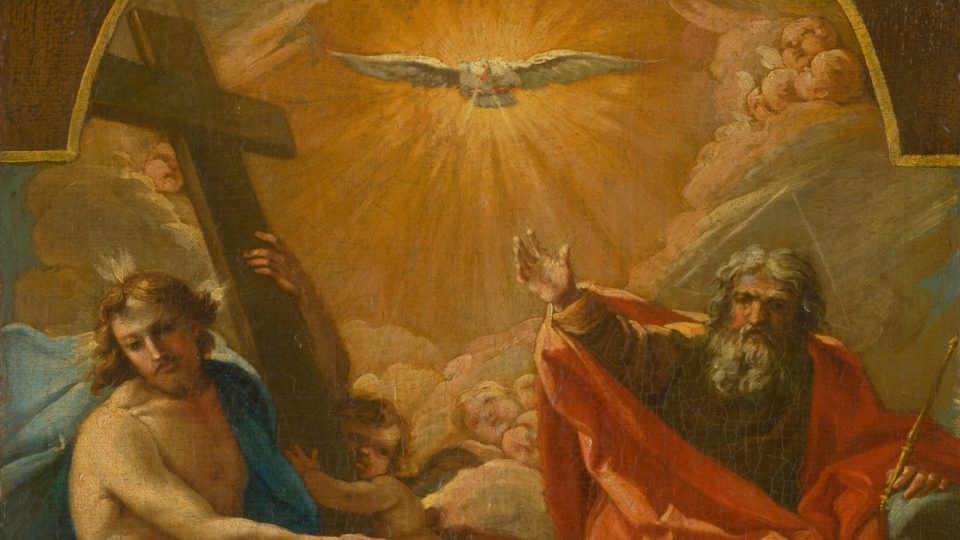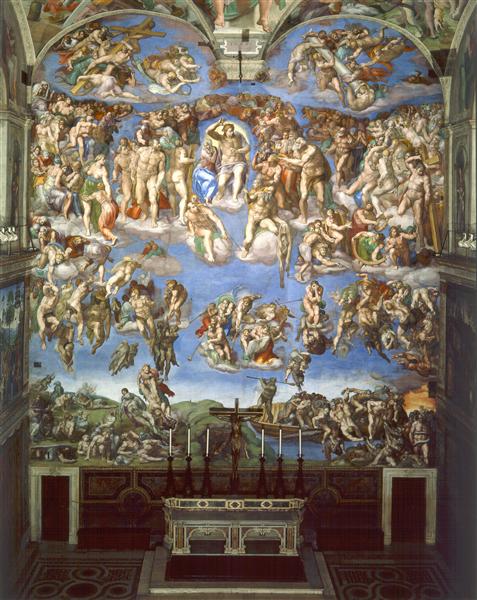GOSPEL READING: Luke 9:57-62
57 As they were going along the road, a man said to him, “I will follow you wherever you go.” 58 And Jesus said to him, “Foxes have holes, and birds of the air have nests; but the Son of man has nowhere to lay his head.” 59 To another he said, “Follow me.” But he said, “Lord, let me first go and bury my father.” 60 But he said to him, “Leave the dead to bury their own dead; but as for you, go and proclaim the kingdom of God.” 61 Another said, “I will follow you, Lord; but let me first say farewell to those at my home.” 62 Jesus said to him, “No one who puts his hand to the plow and looks back is fit for the kingdom of God.”
Meditation: Are you ready to follow the Lord Jesus wherever he may lead you? With the call the Lord gives the grace to respond and the strength to follow all the way to the end. Why does Jesus issue a challenge with the call? Jesus was utterly honest in telling people what it would cost to follow him. When a would-be disciple approached Jesus and said he was ready to follow, Jesus told him it would require sacrifice – the sacrifice of certain creaturely comforts. Jesus appealed to this man’s heart and told him to detach himself from whatever might hold him back. Spiritual detachment is a necessary step for following the Lord. It frees us to give ourselves without reserve to the Lord and his service. While many of us may not need to give up the comfort of our own home and bed to follow Jesus, we, nonetheless, must be willing to part with anything that might stand in the way of doing God’s will.
Don’t let anything hold you back from following the Lord Jesus
Another would-be disciple said he would follow as soon as he had buried his father. What he meant by this expression was that he felt the need to return to his home to take care of his father through old age until he died. The third had no obligation to return home, but simply wanted to go back and say good-bye. Jesus surprised these would-be disciples with the stark truth that nothing should hinder us from following the Lord. Was Jesus being harsh and rude to his would-be followers? Not really. We are free to decide whether we will take the path which Jesus offers. But if we choose to go, then the Lord wants us to count the cost and choose for it freely.
Don’t miss the good path God has set for you – it will lead to joy and freedom
What does the story of a plowman have to do with the journey? A plowman who looked back while plowing his field caused the line or furrow he cut into the soil to become crooked. One crooked line easily leads to another until the whole field is a mess. The plowman had to look straight ahead in order to keep the plow from going off course. Likewise, if we look back on what we have freely left behind to follow the Lord – whether that be some distraction, attachment, or sinful habit which leads us away from doing God’s will – our path will likely diverge and we’ll miss what God has for us.
Will you say “yes” to the Lord’s call for your life?
The Gospel does not record the response from these three would-be disciples. We are only left with the question which Jesus intends for us as well. Are you ready to take the path which the Lord Jesus offers? His grace is sufficient and his love is strong. There is nothing greater we can do with our lives than to place them at the service of the Lord and Master of the universe. We cannot outmatch God in his generosity. Jesus promises that those who are willing to part with what is most dear to them for his sake “will receive a hundred times as much and will inherit eternal life” (Matthew 19:29). The Lord Jesus offers us a kingdom of lasting peace, unending joy, surpassing love, enduring friendship, and abundant life. Is there anything holding you back from pursuing the Lord and his will for you life?
Take, O Lord, and receive my entire liberty, my memory, my understanding, and my whole will. All that I am and all that I possess you have given me. I surrender it all to you to be disposed of according to your will. Give me only your love and your grace – with these I will be rich enough and will desire nothing more. (Prayer of Ignatius Loyola, 1491-1556)
Psalm 88:2,9b-14
2 Let my prayer come before you, incline your ear to my cry!
9 Every day I call upon you, O LORD; I spread out my hands to you.
10 Do you work wonders for the dead? Do the shades rise up to praise you? [Selah]
11 Is your steadfast love declared in the grave, or your faithfulness in Abaddon?
12 Are your wonders known in the darkness, or your saving help in the land of forgetfulness?
13 But I, O LORD, cry to you; in the morning my prayer comes before you.
14 O LORD, why do you cast me off? Why do you hide your face from me?
15 Afflicted and close to death from my youth up, I suffer your terrors; I am helpless.
Daily Quote from the Early Church Fathers: Put to death what is earthly in you, by Origen of Alexandria (185-254 AD)
“The statement ‘Let the dead bury their dead’ implies spiritually: Waste no more time on dead things. You are to ‘put to death therefore what is earthly in you: immorality, impurity, passion, evil desire and covetousness, which is idolatry’ (Colossians 3:5). These things therefore are dead. Cast them away from you. Cut them off as you would cut off gangrenous flesh to prevent the contamination of the whole body, so that you may not hear it said, ‘Leave the dead [spiritually dead] to bury their dead’ (Matthew 8:22). But to some it seems abnormal and contradictory that the Savior does not allow the disciple to bury his father. It seems inhumane. But Jesus does not in fact forbid people from burying the dead, but rather he puts before this the preaching of the kingdom of heaven, which makes people alive (Luke 9:60). As for burying the body, there were many people who could have done this.” (excerpt from Fragment 161)







